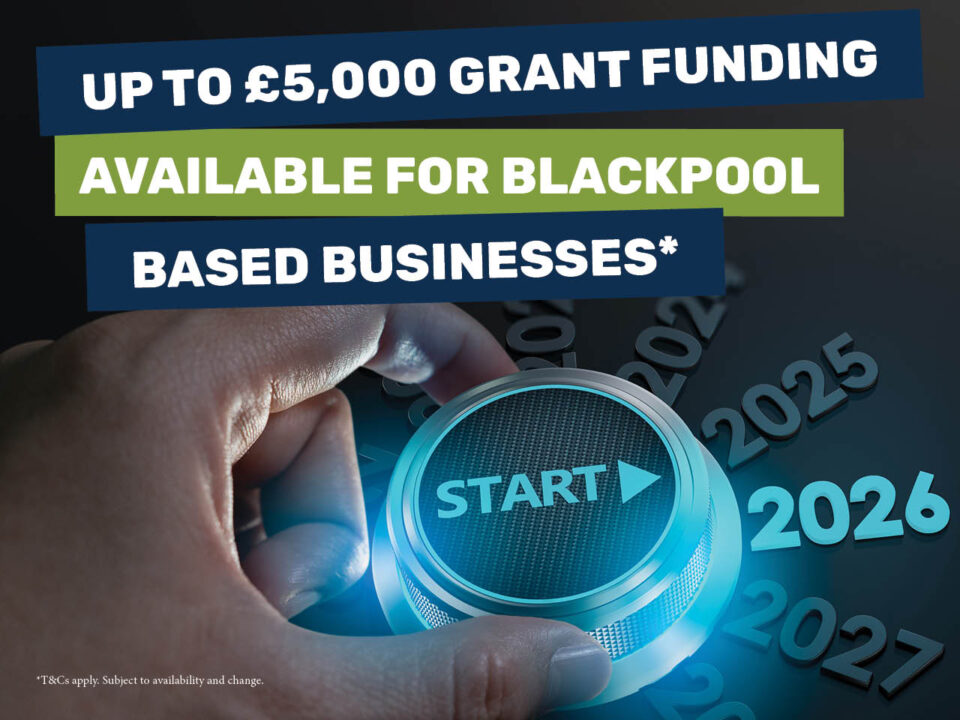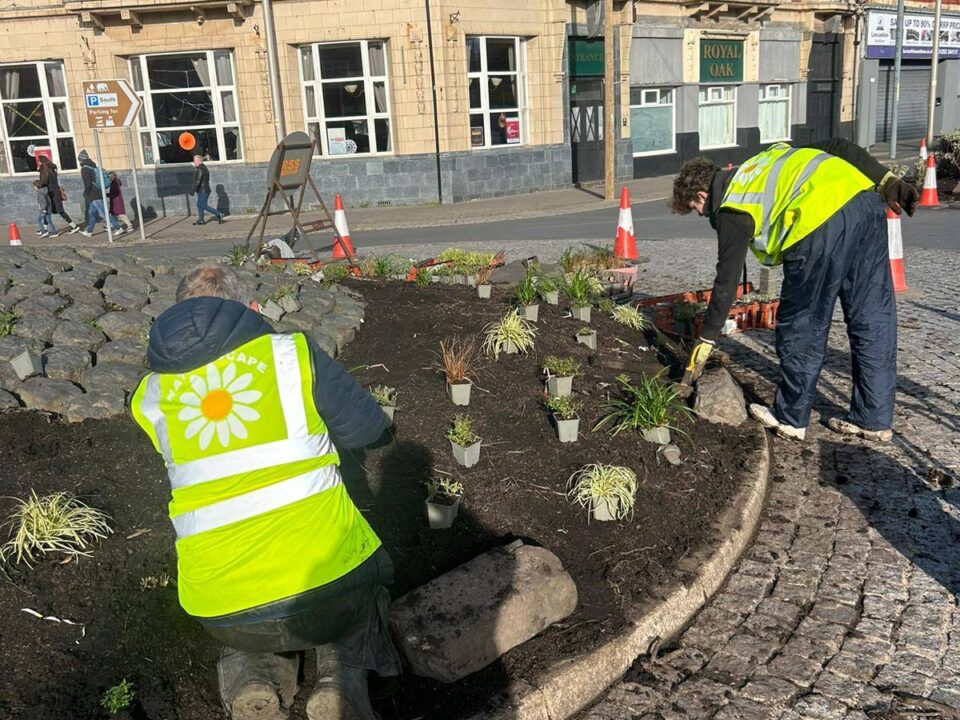
Reducing Energy Costs in Your Hospitality Business this Winter
The Blackpool Net Zero Business Academy is already supporting a number of hospitality businesses in the resort. Here's some top tips and strategies to help you minimise energy usage and maximise savings during the winter months. They will help make sure your hospitality business is as energy efficient as possible.

1. Review your Equipment
Start by assessing your current equipment, such as heating systems, kitchen appliances, and lighting. Consider upgrading to energy-efficient alternatives that can significantly reduce your energy consumption. Look for appliances with high energy star ratings and modern HVAC systems with programmable thermostats to regulate temperatures efficiently.
2. Smart Heating Systems
Installing smart heating systems can be a game-changer for your energy usage. These systems use advanced technology to optimise heating schedules based on occupancy, weather conditions, and specific zone settings. By only heating occupied areas and adjusting temperatures according to need, you can reduce unnecessary energy consumption and improve comfort.
3. Proper Insulation
Inadequate insulation is a common reason for high energy costs during winter. Ensure that your café, restaurant, or pub is well-insulated to prevent drafts and heat loss. Find those gaps around windows and doors and use weatherstrips or sealants. A well-insulated establishment not only saves energy but also provides a cozy environment for your patrons.
4. Lighting Optimisation
Take advantage of natural light and optimise artificial lighting where necessary. Replace old bulbs with energy-efficient LED lighting options. Consider installing motion sensors or timers that automatically switch off lights in unoccupied areas. Also, educate staff on the importance of turning off lights when they are not needed.
5. Control Hot Water Usage
In any hospitality business hot water is essential, whether it's for cooking, cleaning, or washing. To reduce hot water energy costs, consider installing low-flow faucets and aerators to regulate water usage. Regularly maintain water heaters to ensure efficiency and insulation. Additionally, train staff to be mindful of water usage to avoid unnecessary wastage.
6. Implement Staff Training and Awareness Programmes
Your staff plays a crucial role in energy conservation efforts. Train employees on energy-saving practices, including turning off equipment when not in use, closing doors to prevent heat loss, and conserving water. Close the fridge doors properly, switch off hobs or ovens that aren't needed. Regularly remind them of the cost-saving benefits associated with energy-efficient behaviours.
7. Conduct A Fully Funded Energy Audit
If you are in Blackpool, have your own your own premises and have been operating for over 12 months, the Blackpool Net Zero Business Academy team of sustainability specialists can conduct a fully-funded audit on your hospitality business, and provide customised recommendations on reducing energy use. The audit will help you track energy consumption patterns, set goals, reduce energy use and monitor your progress. After which our sustainability specialists will provide support in implementing the recommendations which come from the audit such as educating employees, sourcing suppliers and getting quotes.










